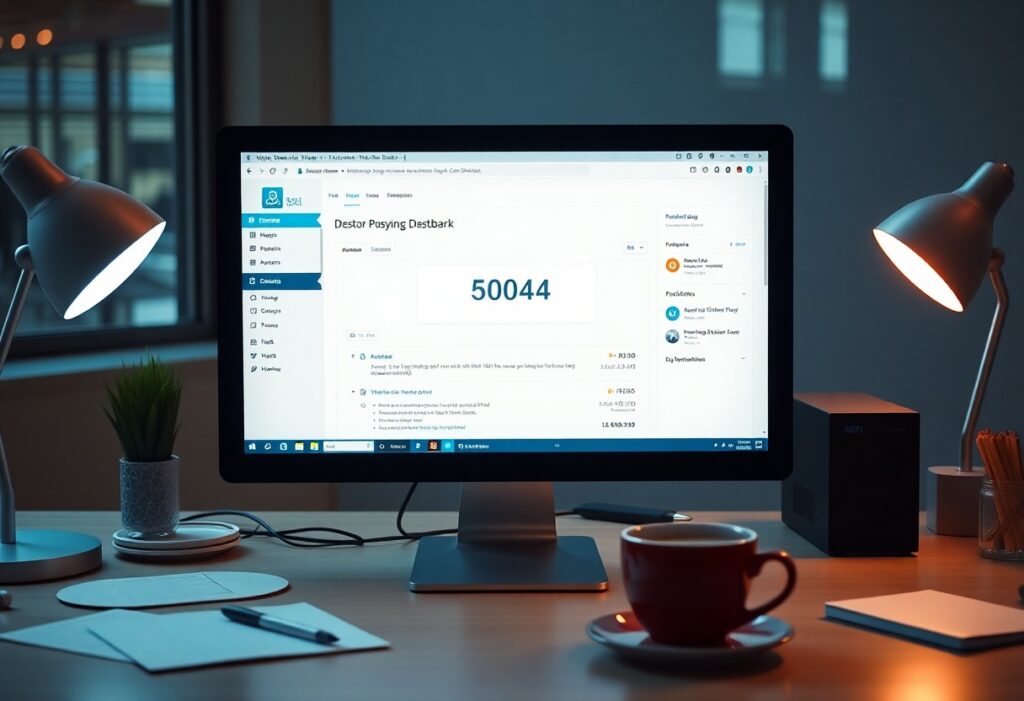Most website owners often overlook the importance of optimizing their WordPress (WP) sites for search engines. By following the right strategies, you can significantly improve your site’s visibility and attract more organic traffic. This guide will provide you with crucial steps to optimize your WP site for better SEO performance.
First, start with proper keyword research. Identifying the right keywords is foundational for any SEO strategy. Use tools like Google Keyword Planner or Ubersuggest to find relevant keywords with decent search volume but manageable competition. Focus on long-tail keywords, as they often reflect what your audience is searching for. Once you have your list, incorporate these keywords naturally into your content, headings, and meta descriptions.
Next, optimize your website’s structure. Ensure that your site is easy to navigate, as a well-structured site helps both users and search engines understand your content better. Utilize categories and tags effectively to organize your content. Additionally, make sure your permalinks are set to a user-friendly format. Navigate to Settings > Permalinks in your WP dashboard, and choose “Post Name” to create clean URLs that include your target keywords.
Installing an SEO plugin is another vital step. Popular options like Yoast SEO or Rank Math can guide you in optimizing your pages and posts. These plugins offer tools for managing meta titles and descriptions, setting focus keywords, and even suggesting improvements to your content. They also provide readability analysis, ensuring your content is user-friendly and engaging.
Content quality plays a significant role in SEO. Aim to create high-quality, informative, and engaging content that meets the needs of your target audience. Regularly update your existing content to keep it relevant and accurate. Use multimedia elements like images, videos, and infographics to enhance user engagement. Be sure to alt-text your images with appropriate descriptions, including keywords when suitable.
Another important strategy involves link building. Internal linking helps search engines crawl your site and gives your audience pathways to explore related content. Make sure to link relevant posts and pages within your site. Additionally, reach out to other websites to establish backlinks. Guest posting and collaborations can introduce your content to a broader audience while improving your site’s authority in the eyes of search engines.
Don’t forget the technical aspects of SEO as well. Ensure your site is mobile-friendly since Google prioritizes mobile usability. Use responsive themes and conduct mobile testing using Google’s Mobile-Friendly Test tool. Additionally, website speed matters—a slow site can deter visitors and affect your ranking. Use tools like Google PageSpeed Insights or GTmetrix to analyze and improve load times. Consider optimizing images and utilizing caching plugins to enhance performance.
Finally, monitor your performance using tools such as Google Analytics and Google Search Console. These platforms provide valuable insights into your website traffic, user behavior, and search performance. Regularly review these metrics to see what is working and what needs improvement, allowing you to adjust your strategies effectively over time.
By implementing these WP critical SEO strategies, you can significantly enhance your site’s visibility, attract more visitors, and ultimately drive greater success for your online presence.




